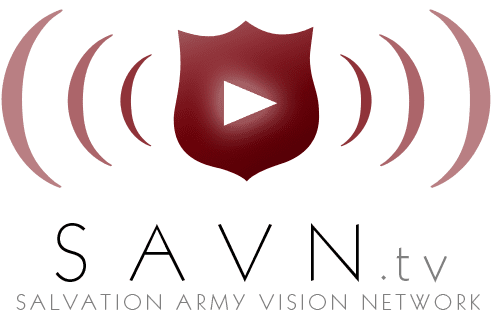BY ROBERT DOCTER –
ADVISORY BOARDS
Rubber stamps or venture capitalists?
I’m still trying to figure out whether the Army is trying to crawl out of the waning decades of the 19th century or leading the pack into the mid-21st century. Our inclination is to see our “problems” as triggered by external forces. What I believe we need to do is to figure out how we contribute to our own problems.
Take the notion of advisory boards, for example. I often wonder if the “Captain” — any “Captain” — truly listens to the board — or asks the board the truly important questions — or whether any questions are asked at all. If local advisory boards and councils aren’t biting into highly important community issues, discussing them in open forums with officers and staff, and making soul-searching decisions about the Army’s role in dealing with the issues, then I can’t imagine that the board is very productive. Maybe we should consider changing the name to something like “fellowship groups” — or the “rubber stamp brigade.”
Sometimes I think we should drop the term “advisory” altogether but still keep some kind of a non-acceptance/referral back decision by the division.
Former National Commander Commissioner Bob Watson might have felt a little frustration, too. In his recent book The Most Effective Organization in the United States, he talks about the re-organization of the national advisory board. He states that this resulted in “a system of power sharing among voting commissioners and prominent advisory boards — that dilutes the pure autocratic power of one individual even if he or she is the international general.” (p.112)
Watson describes the communications gap that had developed between territorial leaders and the board prior to the re-organization. It grew from over-politeness — letting the board discuss issues without officer involvement. This “sitting back” approach was dropped, and officers participated in all committees and meetings. Watson stated: “If we can’t demonstrate we are not only listening to what our advisors say, but are willing to change what we do in response to their best ideas, then we’ll lose them to some other organization that can better appreciate and reward their commitment.” (p.113)
Boards want active participation in discussions with decision makers. Too often, however, the decision maker is in a distant office surrounded by his finance board looking at multiple funding issues, and the local “Captain,” the decision maker’s representative, is either without authority or unwilling to exercise it.
If a board is moving towards a recommendation that will not be finally approved, the Army officer(s) that relate to the board have a responsibility to explain why that action would be taken. About the only reason I can think of that would bring such a response would be if the board recommended something out of harmony with the Army’s mission.
Dollars and cents do not represent the principal criterion to communicate such a message. If the board is willing to initiate an action for which funds are not readily available, this fact needs to be brought to the board’s attention during the process of discussion and debate prior to the decision. It will, perhaps, lead to a special fund raising effort by the board.
While advisory boards are clearly advisory, the members are foolish if they do not recognize and take advantage of the underlying power they actually have. On this point Watson wrote: “When authentic feedback is prevented from influencing an organization’s direction, it can’t adapt or grow. It is literally without its senses.”
Watson talks of visiting management guru Peter Drucker whose quote about the Army became the title of Watson’s book. According to Watson, Drucker said: “You talk about yourself as a charity — and there are surely parts of your operation that fit that description. But I consider you to be venture capitalists.” (my emphasis) Drucker referred to the Army’s work in rehabilitating people. This work, he said, “gets incredible returns.” (p. 20) Watson adds: “When someone comes to us for help, we involve them in a program that doesn’t just address their …problems. We want to awaken in them an awareness of their connection to divine purpose. With that awakening comes an acknowledgment of a need to serve others. So we are recruiting future partners in our long term mission as we tend to individual short term needs.” (p. 21)
I believe such a “client awakening” in many corps settings is currently on shaky ground. One reason for this might be the absence of connection between corps councils and advisory boards. No actual machinery exists to accomplish this. We need regular committee meetings representing both bodies with at least two total membership meetings a year of local advisory boards and corps councils meeting together. Without such machinery we’re not going to achieve the unique holistic ministry available to the Army.
A month or so ago I recommended that we establish a body to examine the Army’s core values. Now, I’m convinced we also need to examine the entire concept of “advisory” boards to determine the level of formal decision making authority a board would be granted within a local community and to establish formal machinery for linking corps councils and advisory boards.












